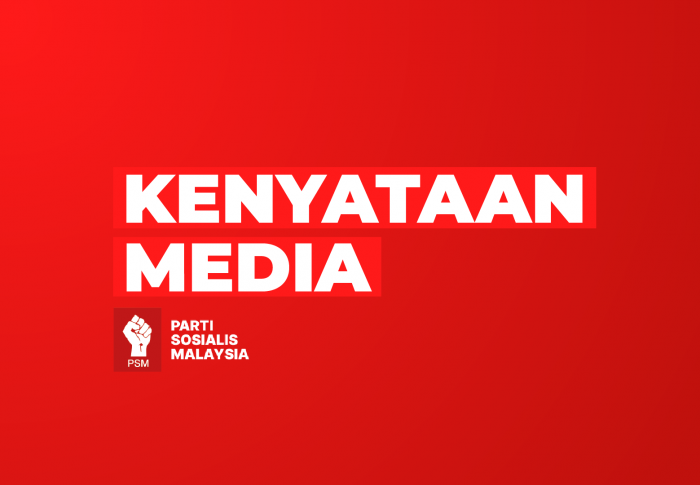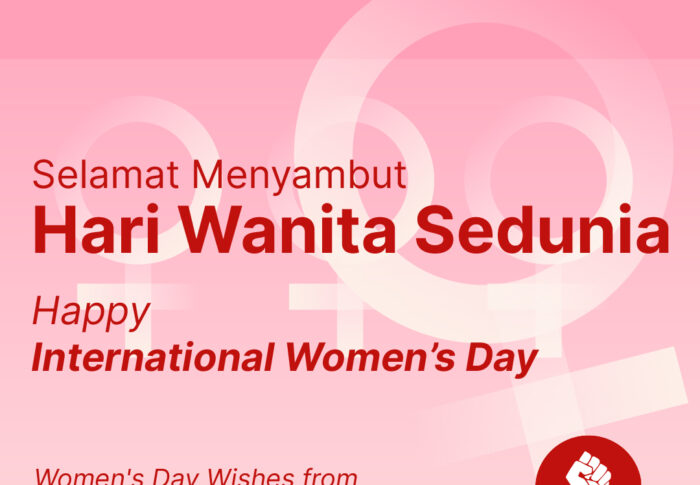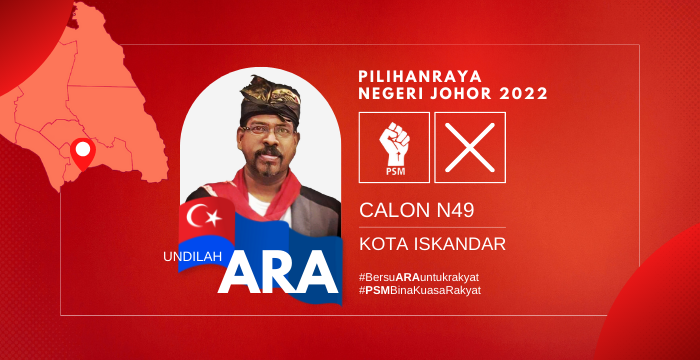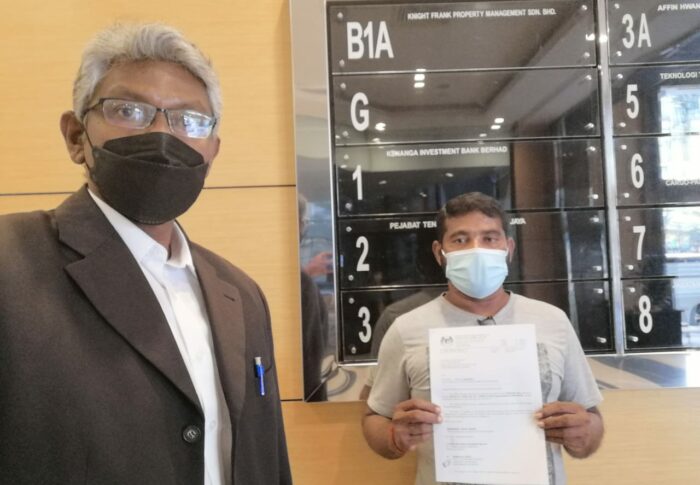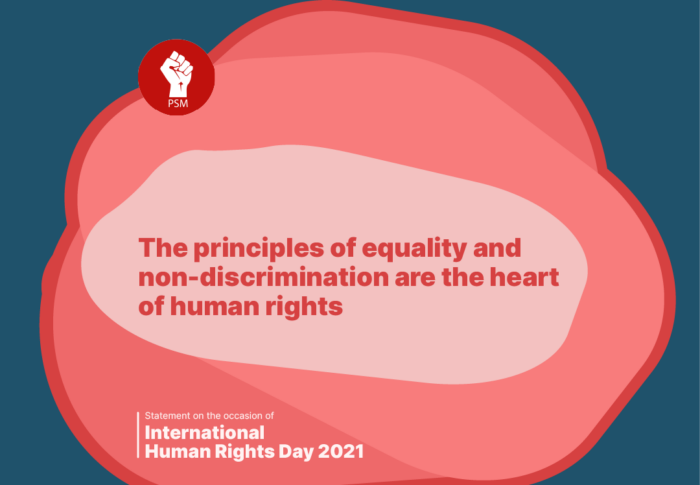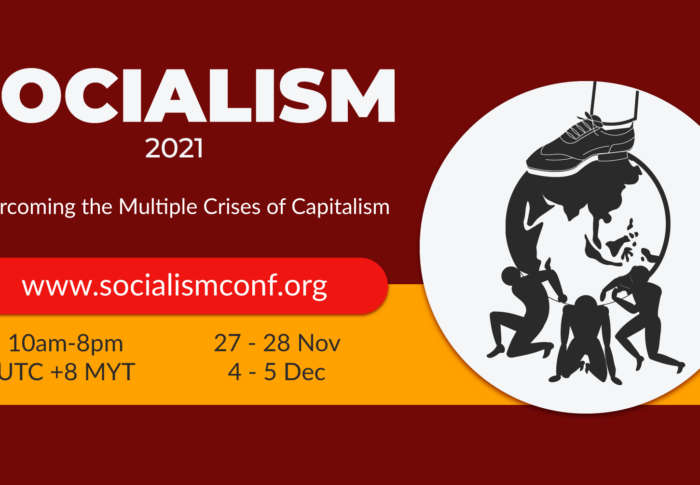We are alarmed with the FMM lobby and the compromise by some Ministers. We call for minimum wage now for all with zero loopholes.
- The minimum wage legislation was first introduced in Malaysia because of the failure and the abuse of the market system in determining wages. If Malaysia allowed for market forces to determine wages; if we did not allow for cheap migrant labour to come into the market, then the wages would have been automatically high. it is also the MEF, who have been constantly lobbying the Government to get more foreign workers as it goes hand in hand into their cheap labour policies. Because of this manipulation of the market forces, the Employers should not complain when minimum wages are increased time to time.
- The date told by the Prime Minister 1 May 2022 should be date of implementation and there should be no further delay. Simply because the actual date of implementation should have been either January 2021 or February 2022 because the last increase of minimum wage January 2019 for RM 1100 and February 2020 was only for 57 township. So historically because of the delay of implementation of minimum wage , workers have lost a total of 28 months of backdated wages. Who is going to compensate them.
January 2013 – RM 900
(all companies given 12 months – 12 months delay)
(18 months)
July 2016 – RM 1000
(6 months)
January 2019 – RM 1100
February 2020 – RM 1200
(4 months)
May 2022 – RM 1500 - The Minimum wage of RM 1500 is not a massive hike
- MTUC, Cuepacs have been demanding for RM 1800
- Both the Coalition BN and PH have already promised RM 1500 within a term
- Bank Negara Estimate for Living wage in KL in 2016. Now would be higher is Single adult RM 2,700, for a couple RM 4500 and a family of 2 children RM 6,500.
- Using the Government formula – Technical Committee on wage which take into account poverty line, CPI, production growth and Unemployment, then Minimum wage in Malaysia should be RM 2017.
- In the region, Malaysia workers purchasing power with the minimum wage is the
lowest in ASEAN because workers in Malaysia only get 12.62% (10.45% in 2018)
of purchasing power compared to per capita income.
- Another alarming fact is that Entrepreneur Development and Cooperatives Minister Tan Sri Noh Omar announced that the small and medium-sized enterprises (SMEs) will be exempted from applying the RM1,500 minimum wage rate from May 1. This was told in Dewan Rakyat. Who is Noh Omar to make such an exemption? The powers to do so is only in the hands of the Human Resource Minister who has previously given such exemption based on case to case situation. We hope proper assessment is made because we are in an opinion based on previous minimum wage hike, it didn’t impact on the SME even though FMM use the same arguments
- PSM calls for implementation and the Government should help out companies who are unable to meet the minimum wage. The strategy should have been to tax the very rich individual and companies and cross subsidize the SMEs who needs help. In our scenario today, MEF will oppose all sorts of tax like wealth tax, capital gain tax etc including setting a ceiling for high wages and at the same time their only strategy is to ensure and suppress wages and ensure workers of the lowest paid are kept low. So increasing minimum wage below is not really the issue but readjusting wages and income from above is the solution.
There are many ways to Government can help these few companies are facing hardship. The Government must able to redeploy and retrain. We propose to increase tax and assist companies after only assessment is made using the below method. The Government can Increase corporate tax gradually 1% per year till reach 30%, 1 to 5% wealth tax of any wealth exceeding RM 10million for example. - There should be act to control the ceiling price of wages. Malaysia GINI coefficient is the second highest in South East Asia. Even our GLCs CEO some of them easily earn more than 100k a month
- Recently the Government’s reckless move in allowing several rounds of EPF withdrawals via i-Lestari, i-Sinar and i-Citra schemes have resulted in a total withdrawal of RM101 billion through 7.4 million members. This according to EPF has resulted in 6.1 million members having less than RM10,000 in their savings and 79% of them having less than RM1,000 left consequently. By increasing the minimum wage RM 300 perhaps in just a small way for the Government to assist these works to built up their savings through EPF
S. Arutchelvan
PSM Deputy Chairperson
